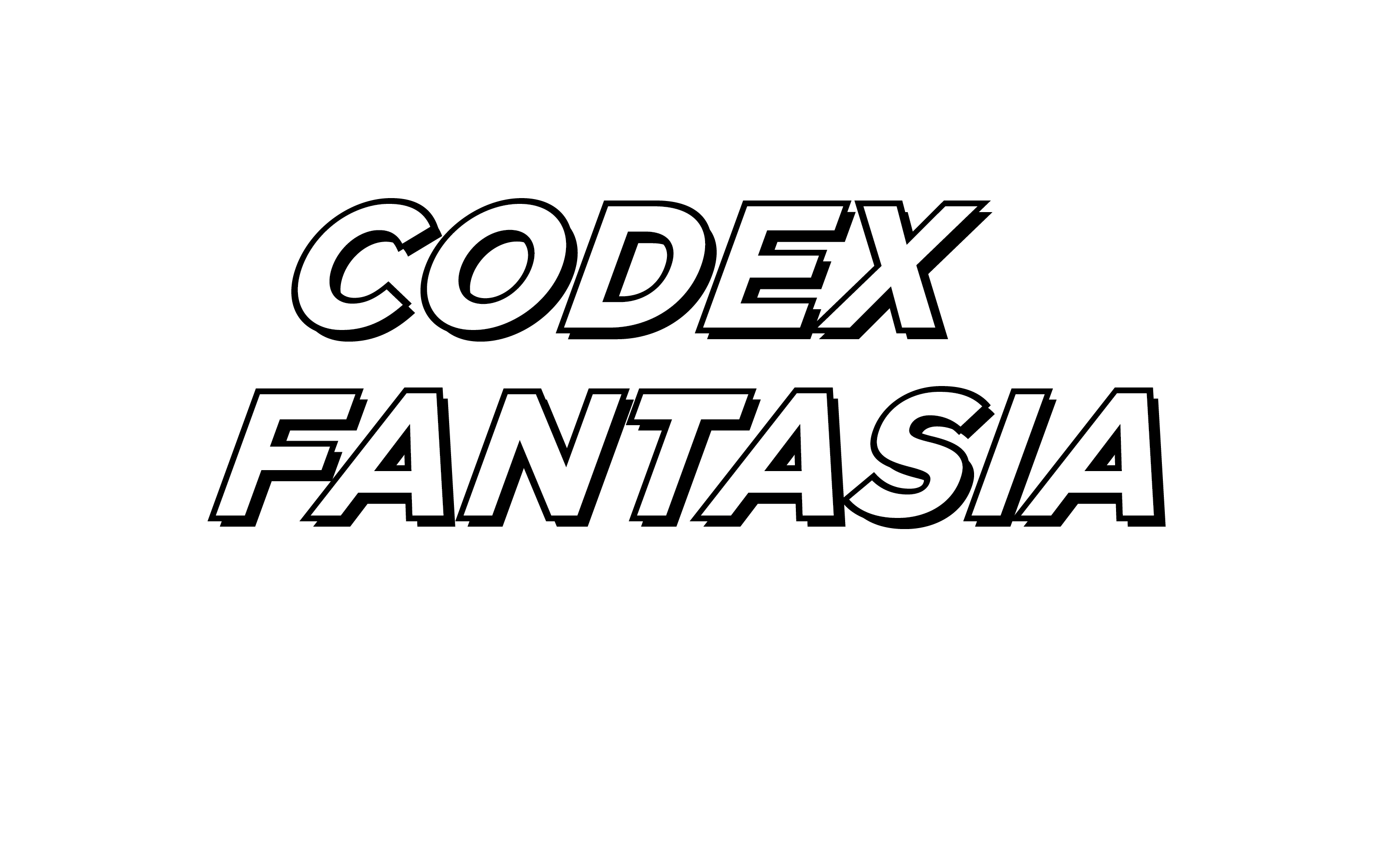
Unearthed Arcana: Mages of Strixhaven, Part 5
Thus far, we've revised Mage of Lorehold and Mage of Prismari, applying some lessons distilled from the original Unearthed Arcana designs. This time, we take on Quandrix!
Mage of Quandrix, Revised

Illustrated by Viktor Titov
The table below sets out the features that each class in the Mage of Quandrix subclass receives at certain levels.
Level | Druid, Wizard |
1+ | Quandrix Spells, Divide by X |
6+ | Geometrical Grandeur |
10+ | Lowest Common Denominator |
14+ | Quod Erod Demonstrandum |
Quandrix Spells
Level 1+ Mage of Quandrix Feature
You learn the cantrip guidance and the 1st-level spell faerie fire. You learn additional spells when you reach certain levels in this class, as shown on the Quandrix Spells table.
Each of these spells counts as a class spell for you, but it doesn’t count against the number of spells you know. If you are a druid, you always have the spells prepared, and they don’t count against the number of spells you can prepare each day. If you are a wizard, you can add these spells to your spellbook upon learning them, without expending any gold, and prepare them as normal.
Quandrix Spells
Class Level | Spells |
3rd | enlarge/reduce, web |
5th | fractal summoning, slow |
7th | vitriolic sphere, watery sphere |
9th | circle of power, cone of cold |

Illustrated by Volkan Baga
Divide by X
Level 1+ Mage of Quandrix Feature
When you cast a transmutation spell that targets only one creature, doesn't have a range of self, and has a duration of 1 minute or longer, you may divide the spell’s duration by any number (up to your proficiency bonus), rounded down to the closest 6-second interval. If you do, you may target a number of creatures with the spell equal to the chosen number. You can use this feature a number of times equal to your proficiency bonus, and you regain all expended uses when you finish a long rest.

Illustrated by Cristi Balanescu
Geometrical Grandeur
Level 6+ Mage of Quandrix Feature
Your contemplation of fundamental geometric forms enhances your magic, granting you certain benefits when you cast spells built on these forms.
- Circle. When you cast a spell with a spell slot that affects an area expressed as a cylinder, sphere, or circle, you establish a sympathetic relation between each point along its circumference. If the spell has a duration of instantaneous, you may use a bonus action as you cast it to teleport to any unoccupied space adjacent to the boundary of the spell. If the spell requires concentration and you are inside its area or adjacent to its boundary, you can use a bonus action to teleport to any unoccupied space adjacent to the boundary of the spell while you are concentrating on it.
- Square. When you cast a spell with a spell slot that affects an area expressed as a cube or square and requires concentration, you fold the space within it onto itself, forming a multi-dimensional hypercube. While you are concentrating on the spell and a hostile creature within the cube would move out of it, you may use your reaction to force that creature to make an Intelligence saving throw against your spell save DC. If it fails the save, you may move that creature to any unoccupied space within the cube.
- Triangle. When you cast a spell with a spell slot that affects an area expressed as a cone and has a duration of instantaneous, you manipulate spatial relations within its area. Choose any number of hostile creatures within the cone (up to your proficiency bonus) and force them to make an Intelligence saving throw against your spell save DC. For each hostile creature that fails the save, you may move that creature to an unoccupied space closest to the apex of the cone (closest to you) or its base (furthest from you).
Lowest Common Denominator
Level 10+ Mage of Quandrix Feature
When you cast a spell with a spell slot that forces more than one creature to make a saving throw at the same time, you may choose any number of those creatures (up to your proficiency bonus). Each chosen creature uses the lowest result for the saving throw amongst each of those creatures. You can use this feature a number of times equal to your proficiency bonus, and you regain all expended uses when you finish a long rest.
Quod Erod Demonstrandum
Level 14+ Mage of Quandrix Feature
Your mastery of mathematical principles and proofs reinforces your spellcraft, making it nigh-impossible to challenge your conclusions.
- Whenever a creature attempts to counter or dispel a spell cast by you, they must make an Intelligence saving throw against your spell save DC. On a failed save, they must make a spellcasting ability check to succeed (regardless of the level of your spell), and they do so with disadvantage.
- Whenever a creature summoned by you takes damage, subtract your proficiency bonus from the damage received.
Design Notes
The original Mage of Quandrix design felt like an unfocused collection of utility features which didn't meaningfully connect to the theme of mathematics, or to the playstyles of the classes in it. Throughout the process of revision, this issue did become more understandable - mathematics, as a theme, is so broad and vague that one could conceivably design in any direction and find a way to rationalize it.
As an aside, why were Sorcerers included but Druids excluded? In the Strixhaven main set and Commander set, all Quandrix spellcasters are either Druids or Wizards - Shamans (the MTG equivalent of Sorcerer) are nowhere to be seen in Quandrix. This was a strange oversight, which has been corrected here.
Given that the math theme was fairly open, the revised Mage of Quandrix is more focused on the playstyles of the two classes in it - Druid and Wizard. While each of these classes have their own unique niches, they do overlap in some areas, and it's in these areas that Quandrix design space is found. Mechanically, one role that Druids and Wizards can excel at is battlefield control and area denial, which features like Geometrical Grandeur and Lowest Common Denominator both enhance and add a unique spin to. Likewise, Divide by X adds a unique bonus to buffing and debuffing, another mechanical niche that Druids and Wizards overlap in.
Thanks for reading this article! If you have thoughts on the subject, feel free to share them with us on the Twitter thread - let's start a conversation!
Do follow us on Twitter or Facebook to receive an update when the next one goes live, and/or sharing it to your friends with the links below!
